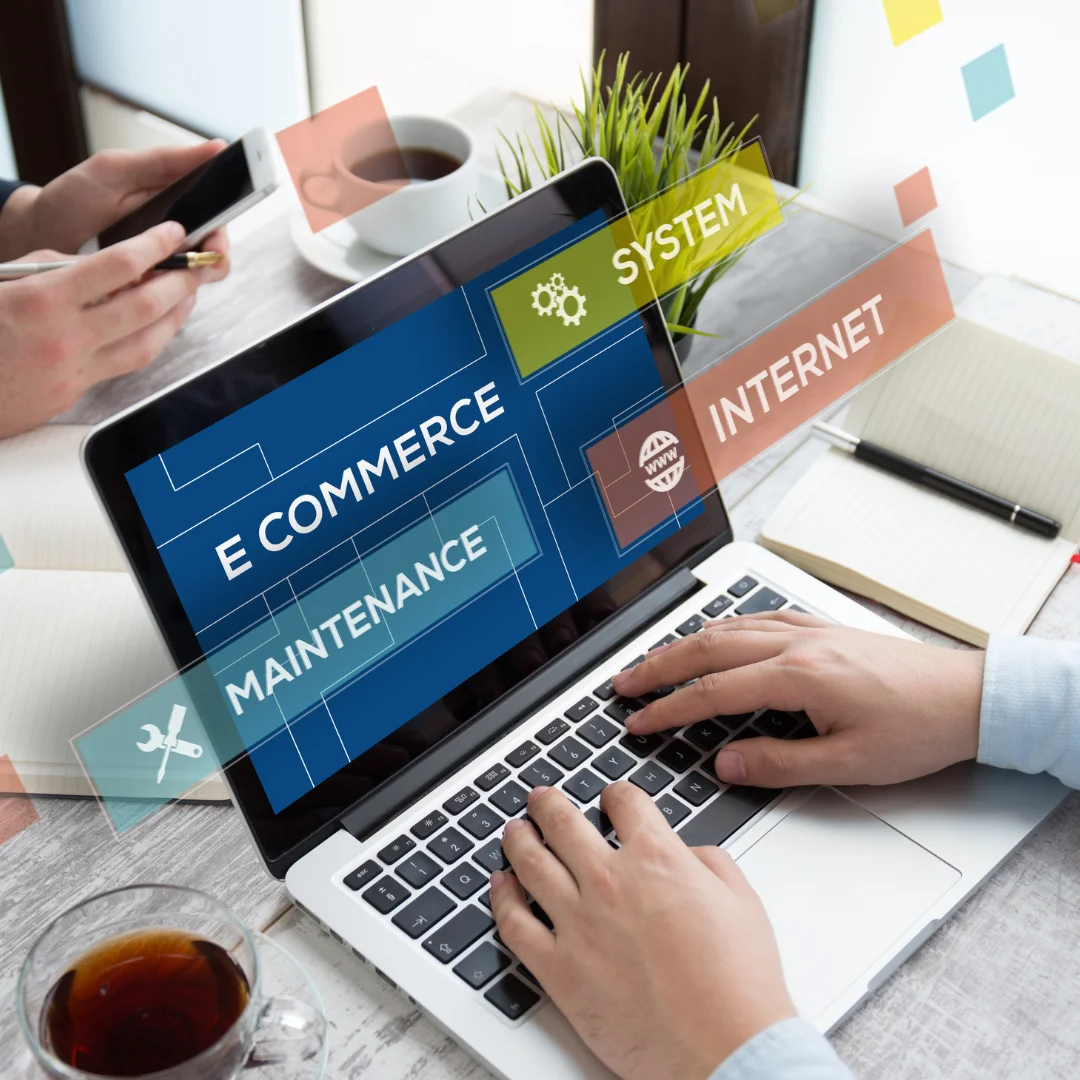In today’s digital age, payment gateways have become an essential part of our lives. With the rise of e-commerce and online transactions, payment gateways have made it easier for people to buy and sell goods and services without the need for cash or checks. However, with the convenience that payment gateways provide comes the risk of security breaches and fraud. Therefore, it’s crucial to understand the importance of security in payment gateways and what you need to know to protect yourself.
What is a payment gateway?
A payment gateway is a technology that connects e-commerce websites and mobile applications to a payment processing network, which enables online transactions. Payment gateways enable customers to purchase goods and services with their credit or debit cards, e-wallets, and other payment methods. Payment gateways are responsible for processing and verifying transactions, checking for fraud, and transferring funds between the merchant’s account and the customer’s account.
Why is a security essential in payment gateways?
Security is a top priority when it comes to payment gateways. Payment gateways handle sensitive information such as credit card numbers, personal identification numbers (PINs), and account details, which can be vulnerable to security breaches and fraud. A security breach in a payment gateway can result in identity theft, financial loss, and damage to the merchant’s reputation. Therefore, it’s essential to ensure that payment gateways are secure and comply with industry standards and regulations.
What are the risks associated with payment gateways?
The risks associated with payment gateways include:
Unauthorized access – Hackers may try to gain access to payment gateways to steal sensitive information, such as credit card numbers, bank account details, and personal information.
Fraudulent transactions – Cybercriminals may use stolen credit card information to make fraudulent transactions. They may also use phishing scams to trick customers into giving away their personal data.
Malware attacks – Malware attacks such as viruses, worms, and Trojans can infect payment gateways and compromise the system’s security.
Human error – Human error, such as accidental deletion of data or misconfiguration of security settings, can also pose a security risk to payment gateways.
How can you ensure the security of payment gateways?
There are several measures that merchants can take to ensure the security of their payment gateways. These include:
Encryption – Payment gateways should use encryption to protect sensitive information such as credit card numbers, passwords, and personal information. Encryption makes the data unreadable to anyone who does not have the decryption key.
Compliance with industry standards – Payment gateways should comply with industry standards such as the Payment Card Industry Data Security Standard (PCI DSS), which sets out guidelines for handling and processing credit card information.
Multi-factor authentication – Multi-factor authentication adds an extra layer of security by requiring customers to provide additional information, such as a password and a one-time code sent via SMS or email, to complete a transaction.
Regular security audits – Payment gateways should undergo regular security audits to identify and address vulnerabilities and ensure compliance with industry standards.
Secure network – Payment gateways should use a secure network to prevent unauthorized access and ensure the confidentiality and integrity of data.
Conclusion
In conclusion, payment gateways have revolutionized the way we do business online. They have made it easier for people to buy and sell goods and services, but they also come with risks. Security is essential in payment gateways to protect sensitive information from unauthorized access and fraud. Merchants must ensure that their payment gateways are secure and comply with industry standards and regulations. By implementing measures such as encryption, multi-factor authentication, regular security audits, and a secure network, merchants can ensure the security of their payment gateways and protect their customers’ sensitive information.


